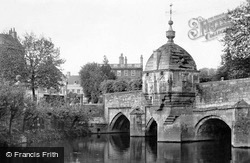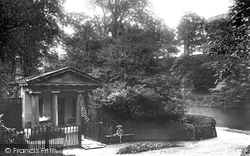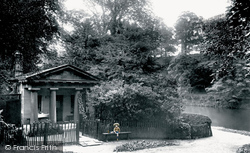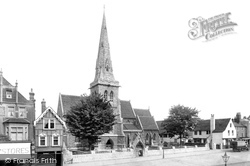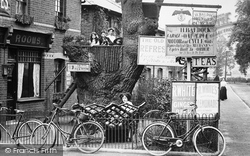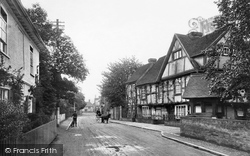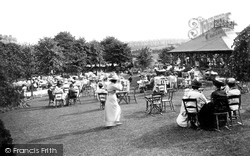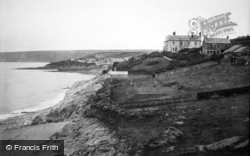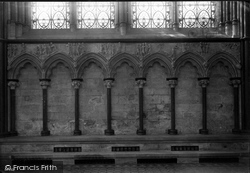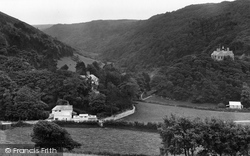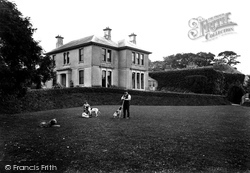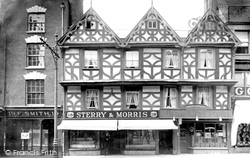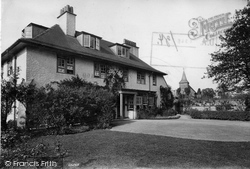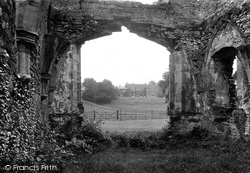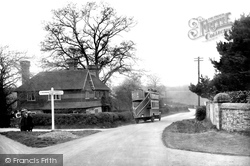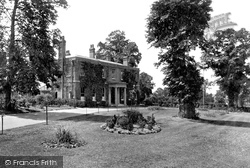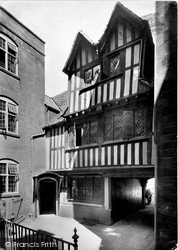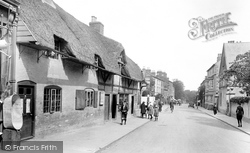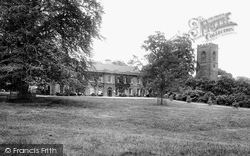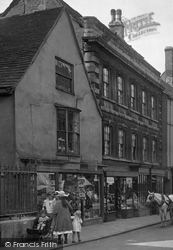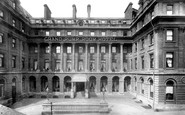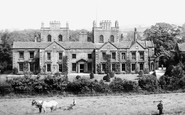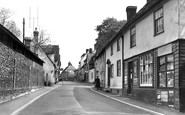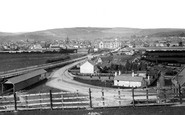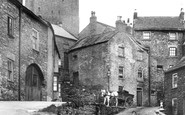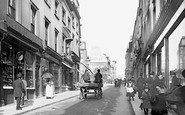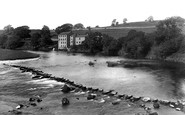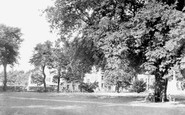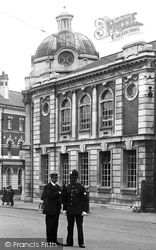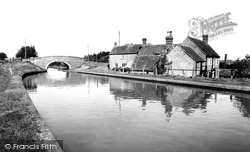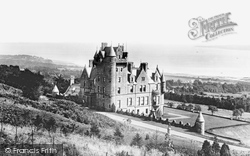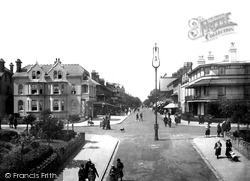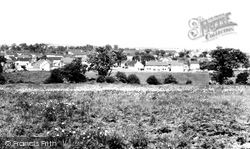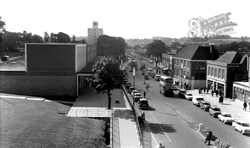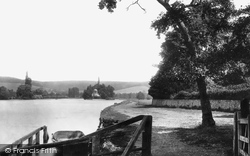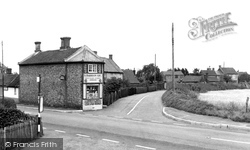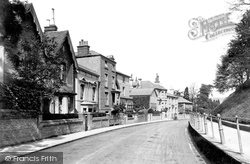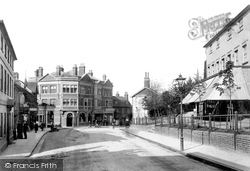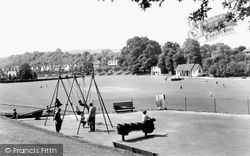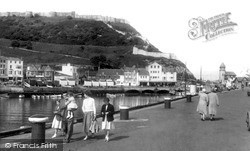Places
36 places found.
Those places high-lighted have photos. All locations may have maps, books and memories.
- Chatsworth House, Derbyshire
- Osborne House, Isle of Wight
- Brambletye House, Sussex
- Ickworth House, Suffolk
- Kingston Lacy House, Dorset
- Boscobel House, Shropshire
- Preshute House, Wiltshire
- Bolton Houses, Lancashire
- Brick Houses, Yorkshire
- Quaking Houses, Durham
- Water Houses, Yorkshire
- Bottom House, Staffordshire
- New House, Kent
- Mite Houses, Cumbria
- Lyneham House, Devon
- Church Houses, Yorkshire
- Dye House, Northumberland
- Spittal Houses, Yorkshire
- Street Houses, Yorkshire
- Tow House, Northumberland
- Halfway House, Shropshire
- Halfway Houses, Kent
- High Houses, Essex
- Flush House, Yorkshire
- White House, Suffolk
- Wood House, Lancashire
- Bank Houses, Lancashire
- Lower House, Cheshire
- Marsh Houses, Lancashire
- Chapel House, Lancashire
- Close House, Durham
- Guard House, Yorkshire
- Hundle Houses, Lincolnshire
- Hundred House, Powys
- Thorley Houses, Hertfordshire
- School House, Dorset
Photos
7,776 photos found. Showing results 5,801 to 5,820.
Maps
370 maps found.
Books
1 books found. Showing results 6,961 to 1.
Memories
10,361 memories found. Showing results 2,901 to 2,910.
Architectural Notes
As a former resident of Bath I recall that this building was not particularly liked. In 1959 the hotel was demolished and a block of 33 flats at 1st, 2nd and 3rd floor level with shops at the ground floor was built. The quality of ...Read more
A memory of Bath by
Shopping Memories.
On the left hand side of the photograph next to the zebra crossing is Eastwells, a greengrocers and fruiterers. My father Harold Besent who is in the window in a white coat was a partner and also the managing director from 1940 ...Read more
A memory of High Barnet in 1955 by
The Ormerod Family.
Ormerod House passed out of the Ormerod family when the male line died out and the three daughters of the last Ormerod married. Their husbands were John Hargreaves, a local coal mine owner, the Rev William Thursby who became vicar of ...Read more
A memory of Burnley in 1900 by
Building History.
The photograph shows a shop and house which my grandmother ran between 1931 and 1952. It was then run by my uncle until it was sold as a house in 1979. My grandmother's name was Colville and she ran the shop as a general stores. ...Read more
A memory of Linton by
Railway Info.
The building on the left is a carriage shed, used for holding spare passenger vehicles under cover. It is from the North Devon Railway in the 1850s and still appears to have broad gauge track (7ft gauge - not removed until 1877) laid ...Read more
A memory of Barnstaple in 1870
Family Connections.
The premises on the left of the photograph were the house and business of Thomas Langstaff, a rope maker, between c1810 and c1900.
A memory of Richmond by
Samuel Page Umbrella Maker.
This photo shows my great grandfather's shop, nearly opposite the one owned by Jesse Boot. The shop has (on the left hand side of the photo) the name S. Page (Samuel Page) just above the wooden statue of Jonas Hanway ...Read more
A memory of Nottingham by
Family Connections.
The mill in the photograph is Low Mill at Grassington. My ancestor William Irving lived here with his family before 1820 until his death in 1843 aged 84. He was a woolcomber. His son James Irving also lived here with his family ...Read more
A memory of Grassington by
The Harbour Line.
Look carefully between the first two trees on the left of the photograph. In the gap with the house in the background you will see a horizontal dark line which follows to the right. This is the railway line called the Harbour Line ...Read more
A memory of Wisbech
Alma Friston Nee Oldfield
I was born in Smeeton on April 23rd 1935. I remember staying with a Mr and Mrs Webb. As you approached Smeeton there were cottages on the left hand side, we stayed in the last one next to a lane. The cows came up this ...Read more
A memory of Smeeton Westerby in 1945 by
Your search returned a large number of results. Please try to refine your search further.
Captions
6,977 captions found. Showing results 6,961 to 6,984.
Some of the surrounding fields have been sacrificed to housing development, but there no longer seems any danger of the castle suffering the same fate.
Some of the surrounding fields have been sacrificed to housing development, but there no longer seems any danger of the castle suffering the same fate.
Built on the site of the White House in Park Square, it was originally called the Edward VII School; it was renamed the Technical School in 1938.
Houses and shops were then built and in 1855 it was described as most strikingly beautiful portion of the town.
sixteen victuallers, fifteen grocers, nine carpenters and eight bakers, as well as a collar-maker, a fisherman and net- maker, a hemp-dresser and roper, a salesman, a staymaker, a 'surveyor of houses
They give a good feel of how many factories there were, and how closely intermingled they were with the artisan houses, which were mostly built between 1880 and 1910.
Today, it is hard to understand why people would choose to work such long hours in often terrible conditions, but with the national population growing, unskilled factory work seemed to offer the
Ashley's father-in-law built this castle shortly before selling Ormeau House to Belfast Council. On his death, the Ashleys started to make visits and became involved in local affairs.
Woolwich Steam Packet Company controlled the town they placed a covenant on other premises which enabled the Royal to enjoy a virtual monopoly for a number of years both as a hotel and as a public house
If we scratch beneath the surface, we will find tales of old manor houses, smuggling, the deadly marsh fever, ghosts, education, transport, and a new form of religion, retail therapy!
The building has since been demolished and replaced with housing. The 19th century closed with an important event in the history of our town.
Beyond are two more boathouse/houses, Waters Edge and Wharfe Boathouse.
It is ironic, perhaps, that its convenience has prompted a house- building programme, so that the population of Saxmundham has risen above 4000.
The British aristocracy was still predominantly country-based, and it was in their large country houses where they felt at home, and where most of their wealth and power was felt.
The British aristocracy was still predominantly country-based, and it was in their large country houses where they felt at home, and where most of their wealth and power was felt.
Very few houses were in existence excepting the old thatched cottages facing the Chipstead Valley Road.
But as a result of the Jacobite rebellion of 1745, a barracks was built to house the local garrison. The last forcible adjustment of the Castle occurred as recently as 1914.
Places (80)
Photos (7776)
Memories (10361)
Books (1)
Maps (370)




